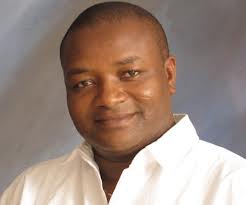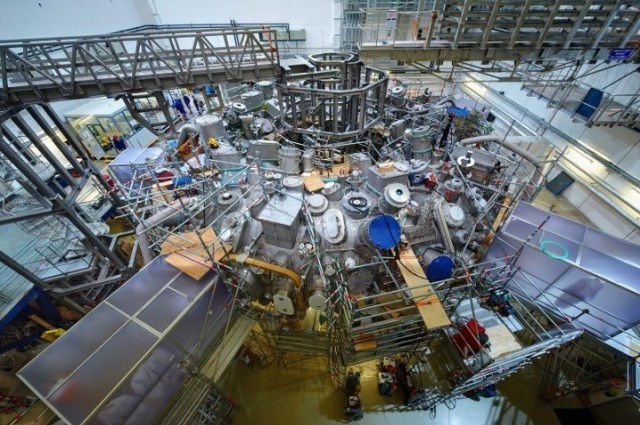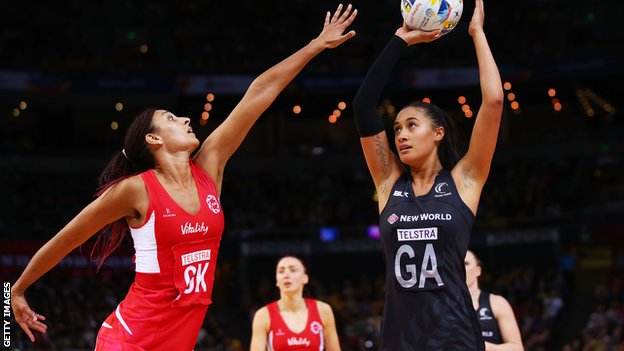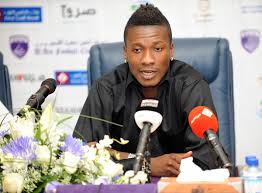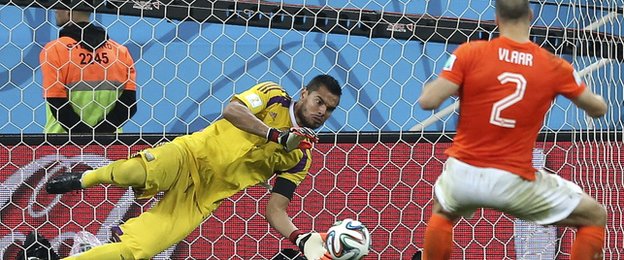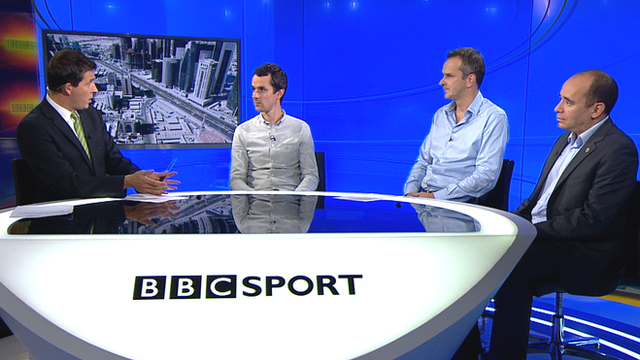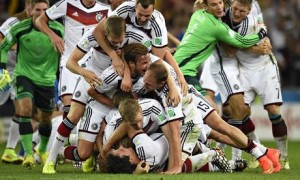 At first glance it looked so simple. Almost a toe-poke, in fact. And then, around the stadium, those in celebration and despair searched for the replay. There it was, in all its glory. A goal to grace a World Cup final, a goal that was so much more than the sum of its parts.
At first glance it looked so simple. Almost a toe-poke, in fact. And then, around the stadium, those in celebration and despair searched for the replay. There it was, in all its glory. A goal to grace a World Cup final, a goal that was so much more than the sum of its parts.
The team versus the superstar, that was the narrative. On one side the Die National Mannschaft, on the other Lionel Messi. Yet football has a way of confounding such expectation. Mario Gotze scored a team goal, true, but with a level of technique that would have won Messi the Golden Ball had it come from his foot.
With eight minutes of extra time remaining, Andre Schurrle sprinted down the left. He finally outwitted an exhausted Argentine defence, finding Gotze in space. He took it on his chest, finished it left foot on the volley past Sergio Romero. And the World Cup was done.
The best team won. The first Europeans on South American soil, which take some doing, and the first to contain Messi while finding a route to goal themselves. For the hosts there would be no Maracanazo part II – no Argentinian triumph at the temple of Brazilian football. Their heartbreak ended on Saturday. That was probably just as well.
For Messi, Diego Maradona’s crown is beyond his grasp. He could not conjure a global triumph Maradona. A last desperate free-kick flew wildly over the bar. The chance to change history passed unfinished.
Messi moments, we call them. That split second when the player many still regard as the finest in the world, and certainly in the ball park at this tournament, leaves the rest of humanity behind and defines the game.
He does not miss from there, we know that. One on one, defenders in his wake, only a goalkeeper to guard the target, Messi at that range is like no other. Except here. Except here, in the biggest game of his international career.
In the Maracana Stadium, the venue he was going to wrestle from so many famous Brazilians who have never lifted the trophy here, on this pitch of pitches, Messi faltered.
